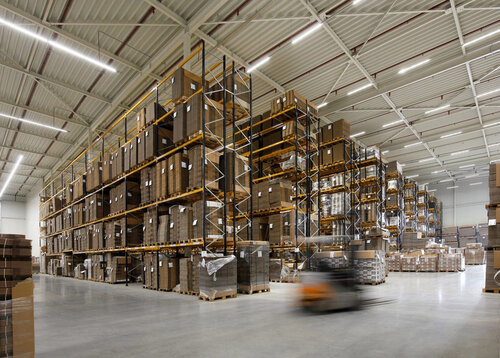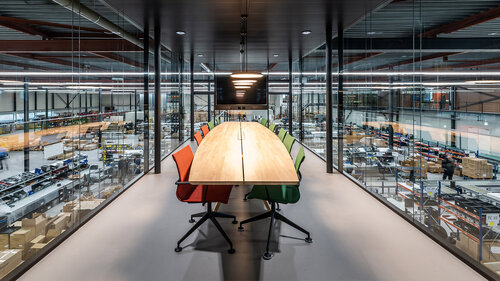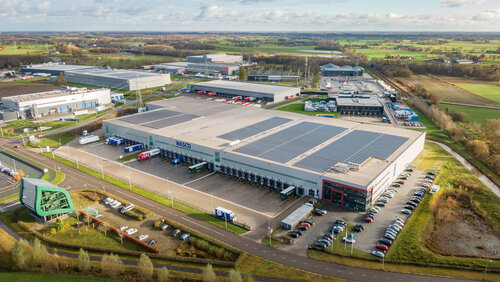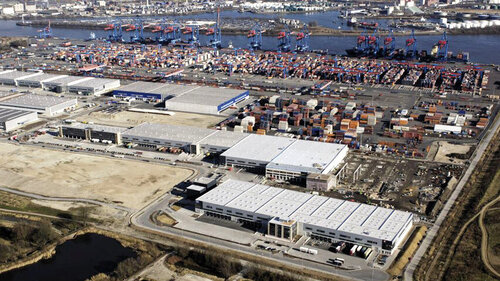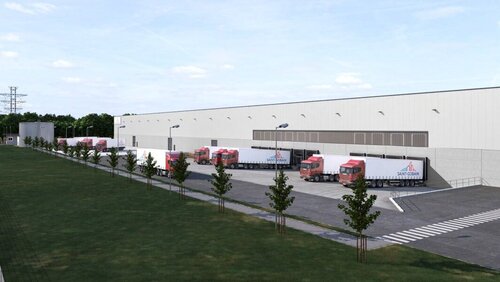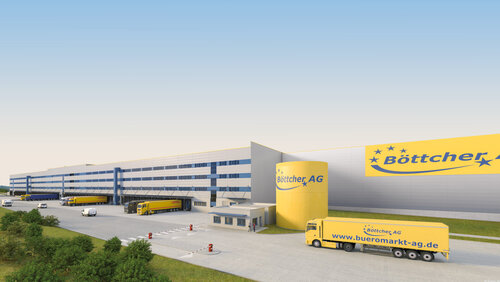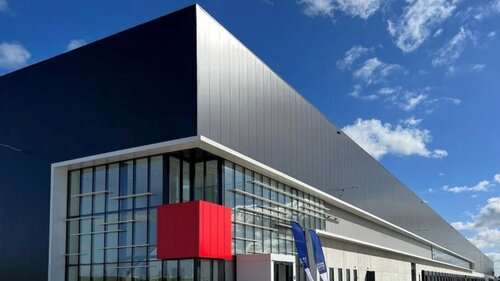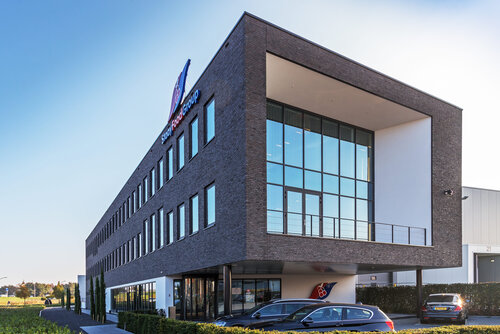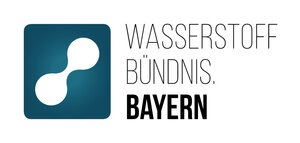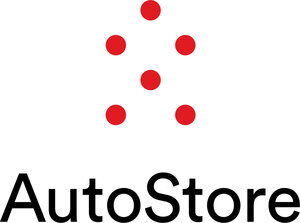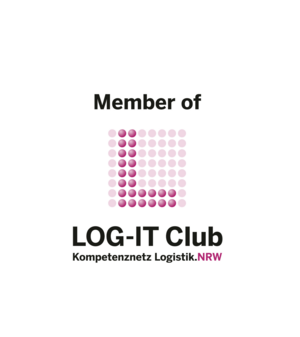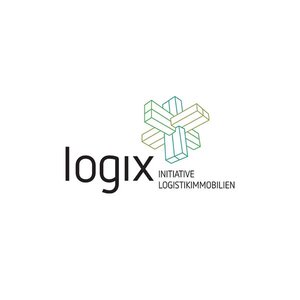Logistics
We design future-proof logistics facilities for our customers that take all customer-specific requirements into consideration: mix of uses, location and size, as well as technology, fitout and processes. The digitization strategy and automation solutions we deliver give our customers a substantial competitive edge.
Solutions for the Logistics sector
Are you looking for a consulting partner who can help you develop and implement sustainable logistics solutions? We provide industry, parcel services and retail logistics specialists with comprehensive logistics advice. For example, we design sustainable and flexible logistics facilities for our customers that meet user-specific requirements in terms of usage mix, location and size as well as technology, equipment and processes. We provide a digitization strategy and automation solutions to help you to gain a decisive competitive edge.
Production is waiting for material or your customer for a shipment: Efficient and reliable handling of logistics processes is a prerequisite for successful economic activity. We start our logistics consulting process by working with you to examine your information and material flows as well as your core processes. Aims will vary – depending on whether you are striving for specific improvements, completely restructuring your logistics processes and, perhaps, enhancing the sustainability of your operations. Our goal is to develop the best possible solution for you – from fully automated to manual.
Learn MoreOnly a few German cities, urban districts and shopping center operators currently make active use of last-mile logistics concepts as part of their own business model, despite the fact that last-mile concepts improve the coordination of goods transport. They reduce noise and emissions, and residents and businesses regard inner cities and urban districts as more attractive. Even the ‘last mile’ begins with a single step. As experts in logistics and mobility, we support you throughout all phases from development through to implementation of your future-proof logistics concept for the last mile.
Learn MoreThe market for logistics real estate has become more complex. To provide the best possible advice on real estate issues, we combine management skills with engineering know-how and logistics sector expertise. In this way, we create the basis for you to make informed decisions – whether you are buying or selling real estate or endevoring to operate existing properties more economically and sustainably.
Learn MoreLOGISTICS TRENDS FROM URBAN HUBS TO SUSTAINABLE LOGISTICS FACILITIES
What are the latest developments in the logistics sector?
One important trend is a growing need to rethink and find unconventional solutions – for example, for the time-consuming and costly ‘last mile’ from the logistics center on the urban fringe to the customer. Urban hubs offer a solution. As decentralized logistics spaces they can, for example, be located on the upper floors of shopping centers, in unused office space and car parks, or stadiums. They can also provide services that deliver genuine added value. They can be open 24/7, allowing a continuous flow of incoming and outgoing goods, thus ensuring fast delivery – and can also consolidate consignments, thereby reducing delivery traffic.
What conditions does a logistics concept have to meet to function effectively with urban hubs?
It has to meet the needs of various stakeholders – from online retailers and their customers to parcel services, project developers and the public sector. These factors are often neglected, leading to wasted potential. An urban hub is an important element in a holistic logistics concept for an urban district or even for an entire city.
And what about the conventional logistics center on a greenfield site?
Existing and new logistics centers still have their place – as long as they are integrated and combine such aspects as sustainability and digitization. To take just one example: The increasing use of automation requires less lighting and heating – and less energy means lower carbon emissions. Similarly, the optimization of material flows and throughput times helps to reduce the carbon footprint. The logistics facility of the future is modular, flexible, fully digitized, and carbon neutral.
